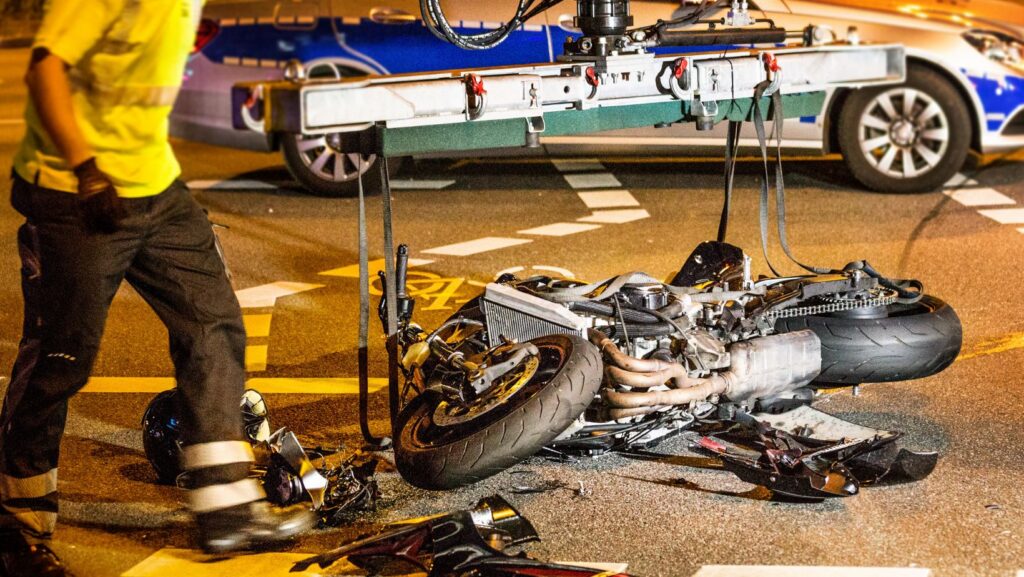
When motorcycle accidents occur, assigning liability is not always straightforward. While the at-fault party often shoulders most of the blame, there are instances where the victim’s actions may contribute to the incident. Understanding these situations is crucial for victims seeking fair compensation.
Motorcycle accident attorneys frequently encounter cases where the victim’s behavior before or during the crash impacts the legal outcome. From failing to follow traffic rules to being distracted while riding, these factors can significantly affect how liability is distributed in a claim. Recognizing these pitfalls can help motorcyclists take preventive measures and protect their rights.
This article explores the actions of a victim that may render them partly liable for a motorcycle accident. By understanding these scenarios, victims can avoid them and ensure fair compensation in case of an accident.
Common Actions That May Lead to Partial Liability
Not Wearing Appropriate Safety Gear
Motorcycle accidents often result in severe injuries, especially if the rider is not wearing adequate safety gear. Helmets, gloves, and protective clothing can significantly reduce the risk of injury during a crash. If a victim fails to wear these items while riding, they may be partly liable for their injuries.

While some states have mandatory helmet laws, others do not. However, regardless of local regulations, it is always advisable to wear a helmet and other protective gear while riding a motorcycle.
Intoxication or Impairment
Operating a motorcycle while under the influence of drugs or alcohol is illegal and extremely dangerous. In case of an accident, the victim’s intoxication or impairment can be used against them in determining liability. Even if the other party is at fault, the victim’s actions may have contributed to the accident and their injuries.
Failure to Follow Traffic Rules
Motorcyclists are required to follow the same traffic rules as other motorists. This includes obeying speed limits, following traffic signals, and maintaining a safe distance from other vehicles. If a victim violates these rules and causes an accident, they may be held partly liable for their injuries.
Distracted Riding
Distracted riding is a significant cause of motorcycle accidents. This can include texting while riding, adjusting music or GPS, or engaging in any other activity that takes the rider’s attention off the road. If a victim is found to have been distracted at the time of the accident, they may be held partly responsible for their injuries.
How Comparative Negligence Affects Claims
In motorcycle accident cases, comparative negligence is often used to determine the percentage of liability for each party involved. Comparative negligence is a legal principle that allows both parties in an accident to be assigned a percentage of fault based on their actions.

For instance, if a motorcyclist was found to be 20% liable for an accident due to not wearing a helmet, they may receive only 80% of the total compensation awarded. This means that even if the other party was primarily at fault, the victim’s behavior or actions may reduce their overall compensation amount.
Protecting Your Rights as a Motorcyclist
To ensure your rights are protected in case of an accident:
- Always wear appropriate safety gear while riding.
- Avoid riding under the influence of drugs or alcohol.
- Follow traffic rules and regulations at all times.
- Stay focused and avoid any distractions while on the road.
Following these tips can help prevent accidents and protect your rights in case one occurs. If you have been injured in a motorcycle accident, it is crucial to seek legal representation from an experienced motorcycle accident attorney. They can help you navigate complex liability issues and ensure you receive fair compensation for your injuries.



